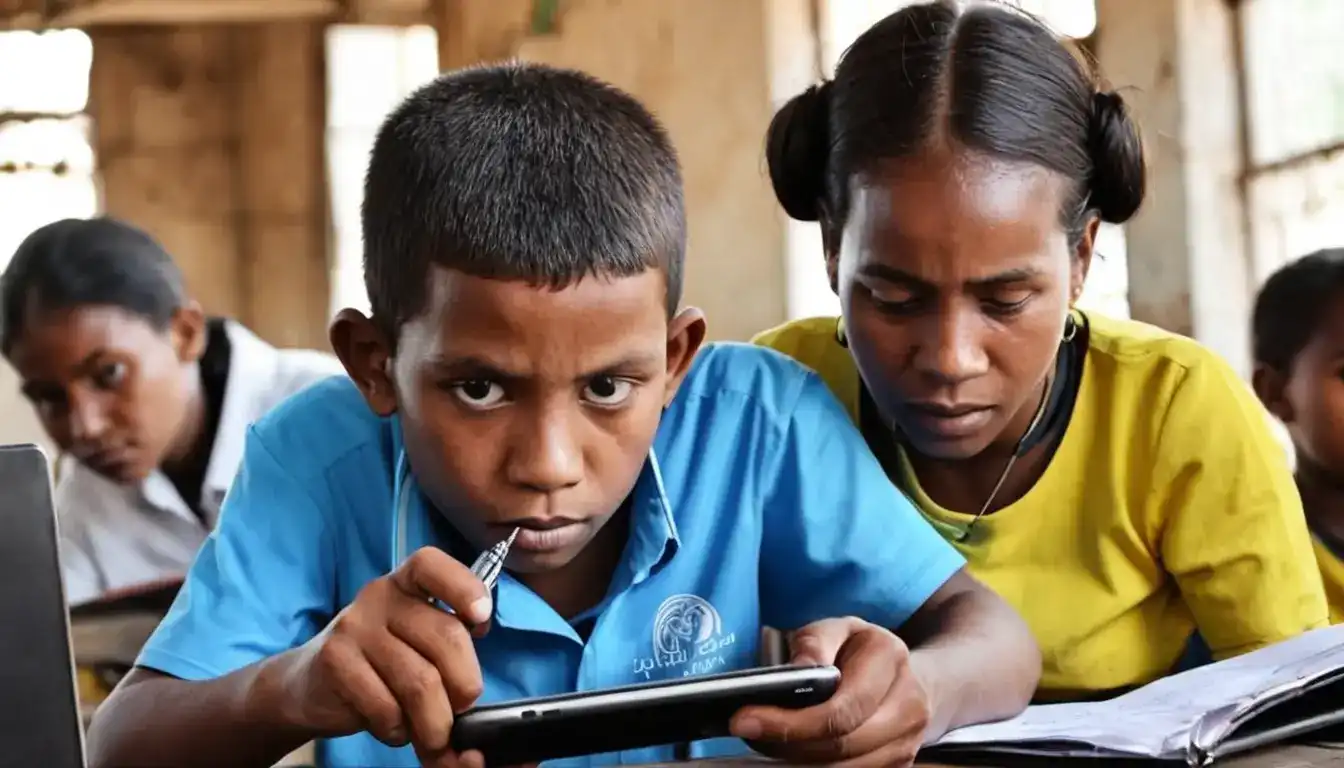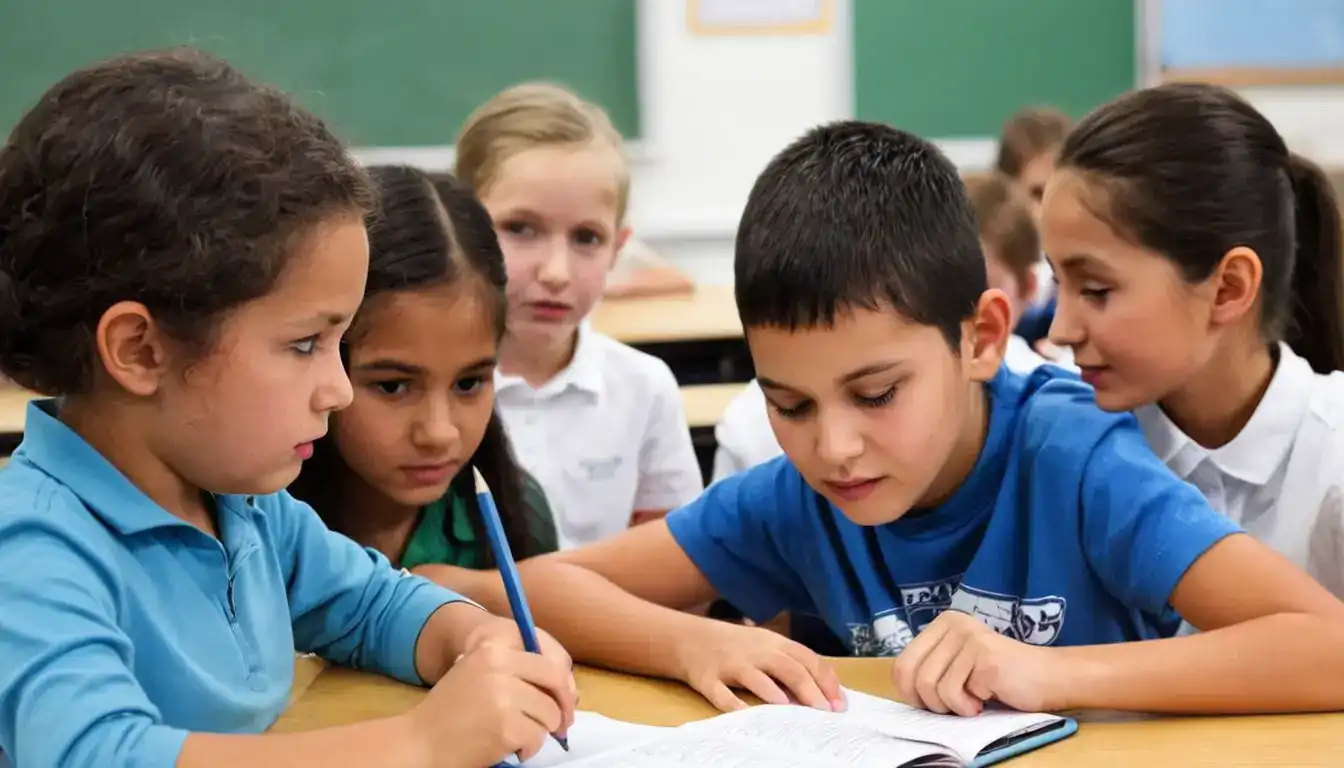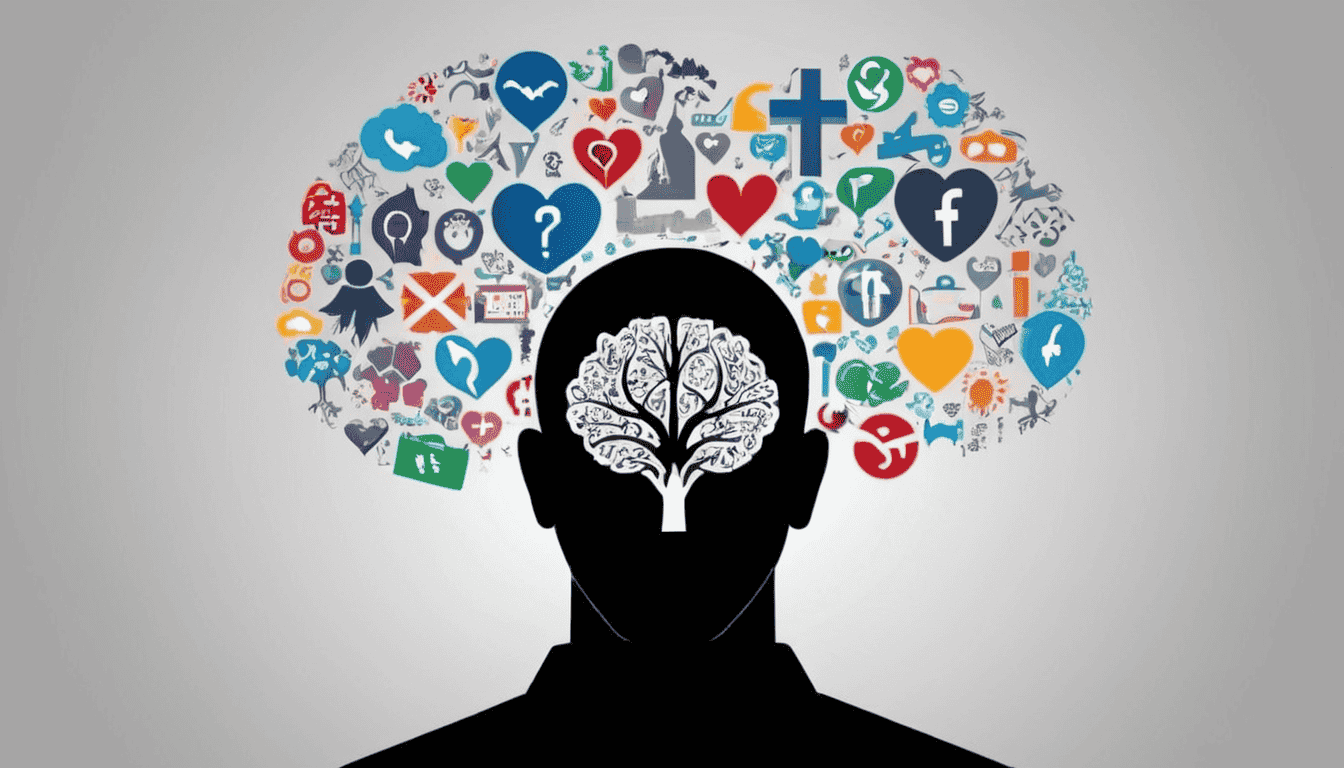Examples of Character Education Implementation in Schools
Emily Willis
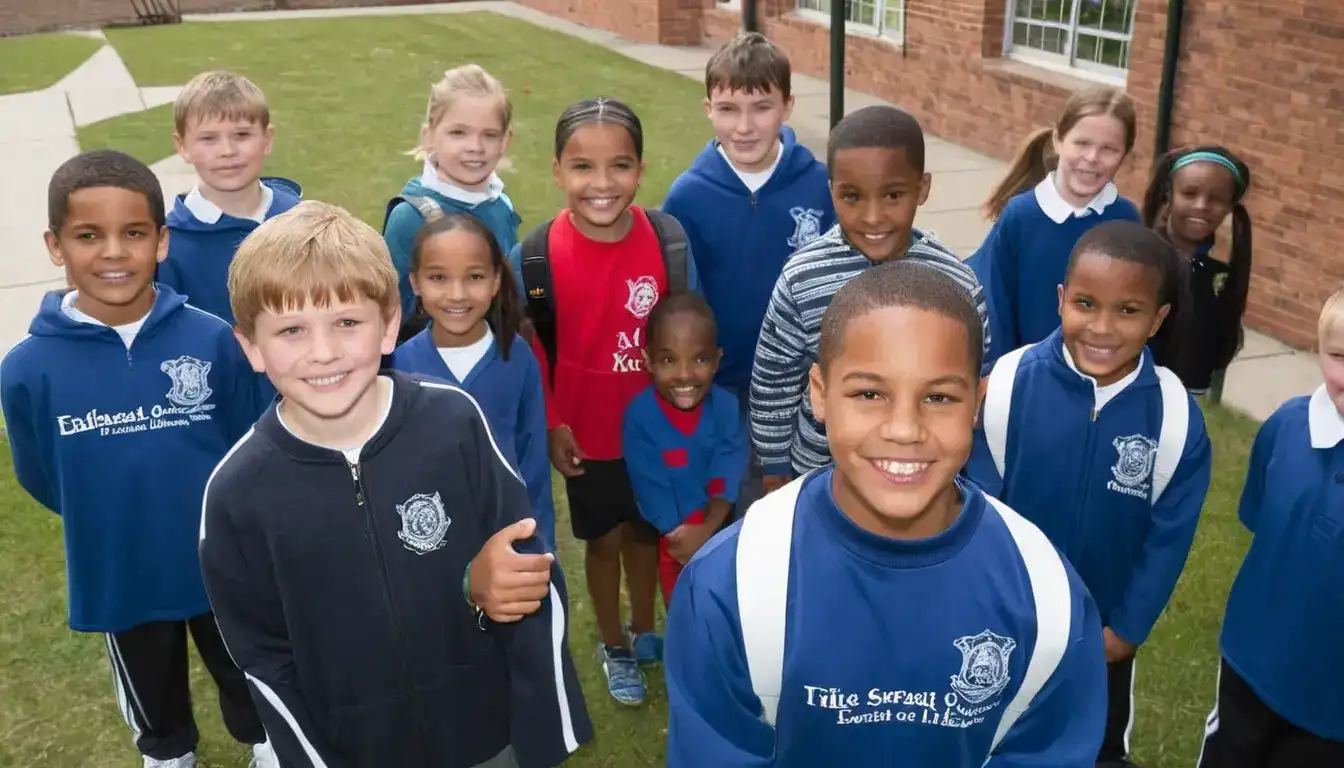
Photo: Examples of Character Education Implementation in Schools
Equipping young minds with knowledge is crucial, but education extends far beyond textbooks. Character education, the process of instilling core values and ethical principles, plays a vital role in shaping well-rounded individuals. But how can abstract concepts like honesty, respect, and responsibility be translated into practical applications within the school environment? Here, we'll explore a variety of engaging and effective ways schools are implementing character education:
1. Weaving Values into the Curriculum:
Character education doesn't exist in a vacuum. It can be seamlessly integrated into existing subjects, making learning more engaging and relevant:
- Literature: Classic stories brimming with moral dilemmas and character arcs are perfect platforms for discussing ethical choices and consequences. Engaging students in discussions about characters' actions and motivations sparks critical thinking and fosters empathy. Imagine analyzing courage in the face of adversity with students reading "To Kill a Mockingbird" or exploring the value of honesty through Pinocchio's adventures.
- History: The past offers a treasure trove of examples of ethical leadership, social justice movements, and the consequences of unchecked power. By discussing historical figures and events, students can analyze the role of character in shaping societies and ponder the impact of choices on a larger scale.
- Science: Even scientific exploration can be a platform for character development. Discussions about scientific integrity, collaboration, and environmental responsibility can highlight the importance of ethical behavior in scientific pursuits. Students can explore the importance of honesty in research or the value of teamwork in scientific breakthroughs.
2. Creating a Values-Rich School Environment:
Beyond the classroom, the entire school environment becomes a canvas for character education:
- Morning Meetings or Announcements: Start the day with short discussions or announcements focused on a specific character trait. Role-playing scenarios, sharing personal experiences of kindness, or discussing inspiring news stories can trigger positive conversations and set the tone for the day.
- Positive Reinforcement Systems: Instead of solely focusing on punishments, celebrate positive character displays. A "Caught Being Kind" program or student-nominated "Respectful Role Model" awards can publicly recognize students who demonstrate desired values.
- School-Wide Initiatives: Organize themed weeks or months dedicated to specific character traits. "Honesty Week" could involve student-led assemblies promoting ethical behavior, while "Respect Week" could focus on conflict resolution workshops or community service projects.
3. Encouraging Service Learning and Real-World Applications:
Giving students opportunities to apply learned values in real-world settings fosters a sense of purpose and responsibility:
- Volunteer Activities: Partner with local organizations like animal shelters, soup kitchens, or environmental cleanup projects for student-led volunteer initiatives. These experiences allow students to connect their actions to the betterment of their community and witness the impact of compassion in action.
- Peer Mentoring Programs: Pair older students with younger classmates as mentors. This fosters responsibility in the mentors while providing younger students with positive role models who can embody character traits like patience, leadership, and empathy.
- Social Justice Projects: Encourage students to research social issues and organize awareness campaigns or fundraising events. This allows them to explore the concept of fairness, advocate for change, and participate in building a more just and equitable society.
4. Integrating Social-Emotional Learning (SEL):
Social-emotional learning (SEL) programs equip students with crucial skills that support both academic success and character development:
- Self-Awareness: Activities focused on identifying emotions, recognizing strengths and weaknesses, and setting goals promote a sense of self-worth and personal responsibility.
- Self-Management: Students learn strategies for managing stress, coping with anger, and making responsible choices. This strengthens their ability to navigate challenging situations with integrity.
- Social Awareness: Understanding different perspectives, recognizing social cues, and fostering empathy allows students to build positive relationships and interact thoughtfully with others.
- Relationship Skills: Programs teach students communication skills, conflict resolution strategies, and active listening techniques, enabling them to build healthy and respectful relationships.
- Responsible Decision-Making: Developing critical thinking skills allows students to analyze situations, consider consequences, and make choices based on ethical principles.
5. Engaging Activities and Creative Expression:
Character education can be fun and engaging! Here are some ideas to spark creativity:
- Interactive Games: Design board games where players navigate situations that require ethical decision-making. This provides a safe space to explore different choices and their consequences.
- Art and Storytelling: Encourage students to express their understanding of character traits through artwork, poems, or short stories. These creative outlets allow them to personalize their learning and showcase their interpretations.
- Character Spotlight: Dedicate a space in the school where students can nominate and celebrate classmates who embody specific character traits.
6. Partnering with Families and the Community:
Character education doesn't happen in isolation. Collaboration with families and the community amplifies the impact:
- Parent-Teacher Communication: Regularly update parents on character education initiatives, share student progress, and provide tips for reinforcing these values at home. Create a consistent and supportive environment for character development.
- Community Engagement: Invite community members to share their expertise, speak to students about their professions, or mentor young people. This exposes students to diverse perspectives and role models, reinforcing the value of civic engagement.
- Family Involvement Events: Organize events where families can participate in character-building activities together. Volunteer projects, community service initiatives, or family-friendly workshops can strengthen bonds and foster a shared commitment to values.
7. Continuous Learning and Evaluation:
Character education is an ongoing process, not a one-time event:
- Teacher Training: Provide educators with regular training and resources to effectively integrate character education into their teaching practices. Workshops, seminars, and online learning opportunities can enhance their skills and knowledge.
- Program Evaluation: Regularly assess the effectiveness of character education programs by gathering feedback from students, teachers, parents, and community members. Use this feedback to make adjustments and ensure the programs are meeting their intended goals.
- Staying Up-to-Date: Keep abreast of emerging trends, research, and best practices in character education. Attend conferences, read relevant literature, and network with other educators to stay at the forefront of the field.
Conclusion: Nurturing the Seeds of Good Character
Character education is an investment in the future. By instilling strong moral compasses in our youth, we empower them not only to succeed academically but also to become responsible, compassionate, and ethical citizens who contribute positively to their communities and the world at large. The examples provided here serve as a starting point for schools to create innovative and effective character education programs that shape the minds and hearts of the next generation.
Additional Tips for Character Education Implementation:
- Create a Supportive and Inclusive School Culture: Foster a welcoming environment where all students feel valued, respected, and safe to express themselves.
- Encourage Open Communication and Dialogue: Create a classroom culture where students feel comfortable discussing ethical issues and sharing their perspectives.
- Model Ethical Behavior: Be the embodiment of the values you want your students to emulate. Your actions will speak volumes.
- Incorporate Social-Emotional Learning (SEL) into Your Curriculum: Teach students self-awareness, self-management, social awareness, relationship skills, and responsible decision-making.
- Celebrate Diversity and Promote Understanding: Help students appreciate different cultures, perspectives, and backgrounds. Foster empathy and encourage inclusivity.
- Empower Students to Make a Positive Impact: Encourage students to engage in community service, volunteerism, and activism. Help them discover their passions and make a difference in the world.
By implementing these strategies and fostering a culture of respect, integrity, and compassion, schools can play a pivotal role in shaping the character of the next generation, equipping them with the values and skills necessary to navigate the complexities of the world and build a brighter future for all.
Latest ✨
View AllDiscover the essential qualities required to become a successful leader, from integrity and empathy to communication and adaptability. Learn how to develop these traits to inspire and motivate your team
Emily Willis
top digital marketing trends for 2024, including the rise of AI, the importance of user experience, video marketing dominance, influencer marketing, privacy and data security, sustainability and ethical marketing, and emerging trends like AR/VR, metaverse marketing, blockchain, and NFTs. Specific strategies are provided for leveraging AI for personalized customer experiences, enhancing user experience for mobile users, creating engaging video content, building authentic influencer partnerships, prioritizing data privacy and security, integrating sustainability and ethical practices.
Emily Willis
Europe is full of rich culture, with ten cities offering enriching cultural experiences. From the romance of Paris to the splendor of Rome and the artistic flair of Barcelona, each city has its own unique charm and heritage.
Emily Willis
Proper nutrition is essential for optimal brain function during exams. Foods rich in complex carbohydrates, lean protein, healthy fats, and hydration can help maintain energy levels and focus. Smart snack options during exams include fresh fruits, vegetables with hummus, trail mix, yogurt with granola, and dark chocolate.
Emily Willis
Business
View All
August 4, 2024
Building a Consistent and Inspiring Personal Brand Through Online PlatformsIn today's digital age, it is important to establish a strong personal brand in order to stand out in a competitive landscape. This can be done by following practical steps such as defining your brand identity, identifying your target audience, creating a compelling online presence, crafting quality content, engaging with your audience, leveraging social media effectively, networking and collaborating, monitoring and adapting, showcasing your authenticity, and seeking professional guidance if needed. Building a personal brand requires dedication, authenticity, and strategic planning, but it can lead to a memorable and influential brand that resonates with others in the digital world.
Emily Willis

August 4, 2024
Strategies for Effective Business Growth in a Competitive Marketimportance of strategic planning, innovation, and understanding market dynamics for businesses to achieve sustainable growth in a competitive market. It covers strategies such as customer focus, innovation, marketing, partnerships, financial management, technology, employee engagement, and sustainability.
Emily Willis

August 5, 2024
Tips for Choosing the Right Investment Product for Your Needsprovides guidance on investing money, starting with understanding financial goals and risk tolerance. It explains different investment options such as stocks, bonds, mutual funds, ETFs, real estate, and retirement accounts, and emphasizes the importance of diversification.
Emily Willis
Economy
View Allimpact of inflation on households and businesses, outlining the causes and consequences of rising prices. It provides strategies for both households and businesses to cope with inflation, such as budgeting, seeking deals, and negotiating with suppliers. The importance of collaboration and communication between governments, businesses, and consumers is emphasized, along with the need for long-term investments in infrastructure, skills development, and sustainable practices.
Read MoreGlobalization has a profound impact on the economies of developing countries, offering both opportunities and challenges. By increasing access to markets, facilitating technology transfer, creating jobs, and promoting cultural exchange, globalization can drive economic growth and development. However, addressing the challenges of economic inequality, loss of domestic industries, environmental impact, and cultural homogenization is essential to ensure sustainable and inclusive growth. By adopting strategic measures and fostering international cooperation, developing countries can maximize the benefits of globalization and build a brighter future
Read MoreThe digital economy has the potential to bring economic growth and innovation to developing countries, but there are several challenges that need to be addressed. These challenges include inadequate digital infrastructure, a digital divide that exacerbates inequalities, complex and outdated regulatory frameworks, cybersecurity risks, and limited access to financial services. However, there are opportunities for enhancing financial inclusion and economic growth. These opportunities include mobile and digital payments, implementing digital identification systems, e-commerce and market access, digital skills development, and public-private partnerships. By addressing these challenges and embracing the digital revolution, developing countries can unlock new opportunities for economic empowerment and inclusive growth.
Read MoreEntertainment
View All
August 5, 2024
Entertainment in Society: Social Impact, Cultural Influence, Economic ContributionsEntertainment is more than just a way to pass the time it has a significant impact on society, culture, and the economy. It promotes empathy, sparks conversations, and drives social change. It reflects and shapes cultural trends, while also preserving traditions. The entertainment industry generates jobs, contributes to economic growth, and drives technological innovation.
Emily Willis

August 4, 2024
Virtual Music Concerts: The Future of Live Performance?The music industry has seen significant changes in recent years, with virtual music concerts becoming a popular trend, especially due to the impact of the COVID-19 pandemic. Technological advancements have made virtual concerts more accessible and cost-effective, while also reducing the environmental impact of live events. However, challenges such as technical issues and the lack of physical presence remain. The future of virtual concerts may involve hybrid models that combine virtual and physical experiences, as well as continued technological innovation to enhance the quality of virtual performances. Building a sense of community and engagement will also be crucial for the success of virtual concerts moving forward.
Emily Willis
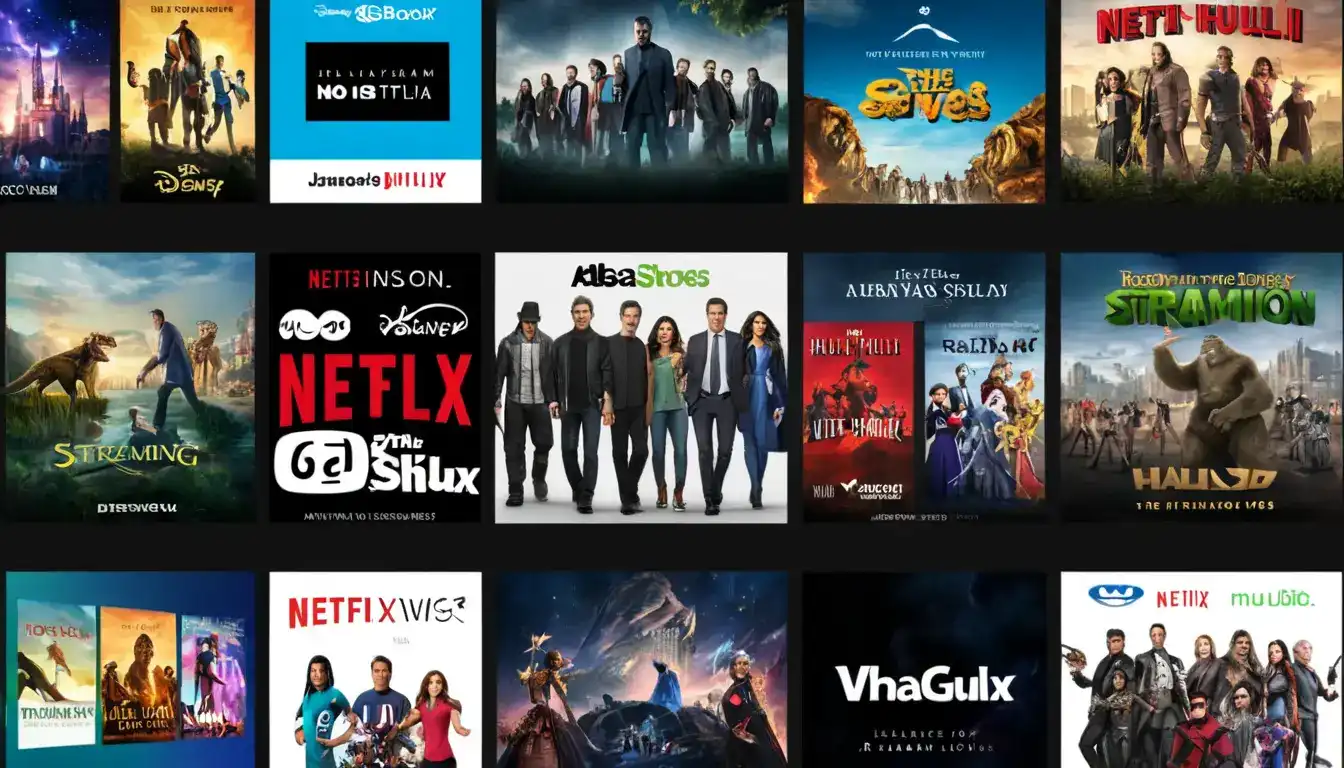
August 4, 2024
The Evolution of Streaming Services Such as Netflix, Disney+, Hulu, and the Implications for the Traditional Entertainment IndustryThe rise of streaming services has revolutionized the entertainment industry, offering on-demand access to a vast library of content through internet-connected devices. Platforms like Netflix, Disney+, and Hulu have diversified their content libraries, reshaped consumer behavior, and challenged traditional distribution models. Technological advancements have enhanced streaming experiences, while economic and cultural implications have led to global market expansion and increased investment in original content production. The future of the streaming industry will be shaped by competition, convergence of media and technology, and the need for adaptation to changing consumer preferences. Embracing digital transformation and strategic partnerships will be crucial for stakeholders in navigating the evolving landscape of modern entertainment.
Emily Willis
Health
View Allmaintaining good health and well-being through nutritional choices. A balanced diet, incorporating whole foods, staying hydrated, consuming nutrient-dense foods, managing portion sizes, practicing mindful eating, eating regular meals and snacks, considering supplements, and adopting sustainable eating practices are all highlighted as effective strategies for enhancing overall.
Emily Willis
Preventive healthcare focuses on strategies to prevent disease and maintain well-being, rather than just treating illnesses after they arise. It helps identify risk factors early on, allowing for interventions that can prevent or delay the onset of chronic diseases.
Emily Willis
significance of mental health awareness in today's fast-paced world. It discusses the importance of understanding mental health, breaking down stigma, and promoting positive mental health practices.
Emily Willis
Trending 🔥
View All
1
2
3
4
5
6
7
8
10
Lifestyle


Sports
View AllAugust 5, 2024
Sports for Social Good: Promoting Diversity, Inclusion, and Community Engagement
Read MoreTechnology
View All
August 5, 2024
Top Unity Software Development Trends to Watch in 2024
Explore the top Unity software development trends that will shape the gaming industry in 2024. From AI integration to VR/AR immersion, cross-platform reach, cloud collaboration, and mobile gaming, Unity is revolutionizing gaming experiences. Stay ahead in the dynamic world of game development with these insights.

August 4, 2024
Amidst Economic Uncertainty, Businesses Adapt and Innovate for Survival
The business world can be unpredictable, but companies can thrive by embracing adaptation and innovation. Understanding market trends, economic indicators, and global factors is crucial for charting a successful course.

August 5, 2024
The Future of Blockchain and Its Impact on Society
Blockchain technology, originally developed for cryptocurrencies like Bitcoin, has evolved into a versatile tool with the potential to revolutionize various industries beyond finance. Its decentralized and transparent nature offers solutions to challenges faced by societies worldwide. Blockchain's impact on society is poised to be transformative across multiple domains, including enhanced security, data integrity, decentralization, supply chain transparency, digital identity, and financial inclusion.

August 5, 2024
Oculus Quest 2 vs HTC Vive Pro – Which Should You Choose?
Oculus Quest 2 vs HTC Vive Pro – which VR headset reigns supreme? Dive into this ultimate showdown to discover the strengths and weaknesses of each, and decide which one is worth your investment. From specs and comfort to content and price, we'll help you make an informed choice.






